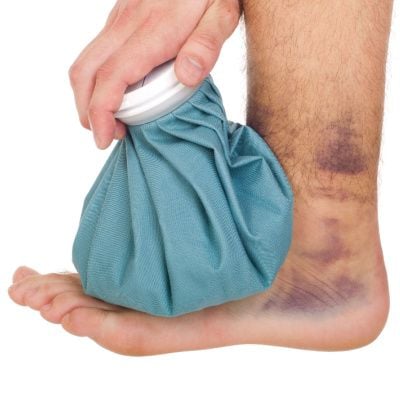 The Role of Temperature in Pain Management
The Role of Temperature in Pain Management
Temperature-based therapies, specifically heat and cold therapy, have been used for centuries to manage pain. These non-invasive, cost-effective treatments can provide relief for various types of pain, from muscle strains to arthritis.
Heat Therapy: A Warm Solution for Pain
Heat therapy, also known as thermotherapy, involves applying warmth to the affected area. The heat increases blood flow, promoting healing and relaxation. It can help alleviate pain from muscle tension, stiffness, and chronic conditions like arthritis.
Cold Therapy: A Cool Approach to Pain Relief
Cold therapy, or cryotherapy, involves applying cold to the painful area. The cold can reduce inflammation, numb the area, and slow nerve impulses, reducing pain. It’s often used for acute injuries, such as sprains or strains, and post-surgical pain.
Choosing Between Heat and Cold Therapy
The choice between heat and cold therapy depends on the type of pain. Heat therapy is typically recommended for chronic pain or stiffness, while cold therapy is often used for acute injuries or inflammation. It’s important to consult with a healthcare provider to determine the best approach.
Precautions in Using Heat and Cold Therapy
While heat and cold therapy can be effective, it’s important to use them correctly to avoid injury. For heat therapy, avoid using heat on open wounds or inflamed skin. For cold therapy, never apply ice directly to the skin; use a cloth barrier to prevent frostbite.
The Future of Temperature-Based Pain Management
As our understanding of pain management evolves, so too will our use of temperature-based therapies. Future research may explore new ways to maximize the benefits of heat and cold therapy, potentially leading to more effective pain management strategies.
In conclusion, heat and cold therapy are valuable tools in pain management. By understanding when and how to use these therapies, individuals can effectively manage their pain and improve their quality of life.
Disclaimer:
The information on this website is provided for educational and information purposes only and is not medical advice. Always consult with a licensed medical provider and follow their recommendations regardless of what you read on this website. If you think you are having a medical emergency, dial 911 or go to the nearest emergency room. Links to other third-party websites are provided for your convenience only. If you decide to access any of the third-party websites, you do so entirely at your own risk and subject to the terms of use for those websites. Neither Rheumatology Solutions, nor any contributor to this website, makes any representation, express or implied, regarding the information provided on this website or any information you may access on a third-party website using a link. Use of this website does not establish a doctor-patient relationship. If you would like to request an appointment with a health care provider, please call our office at (210) 590-9596.

 The Role of Temperature in Pain Management
The Role of Temperature in Pain Management